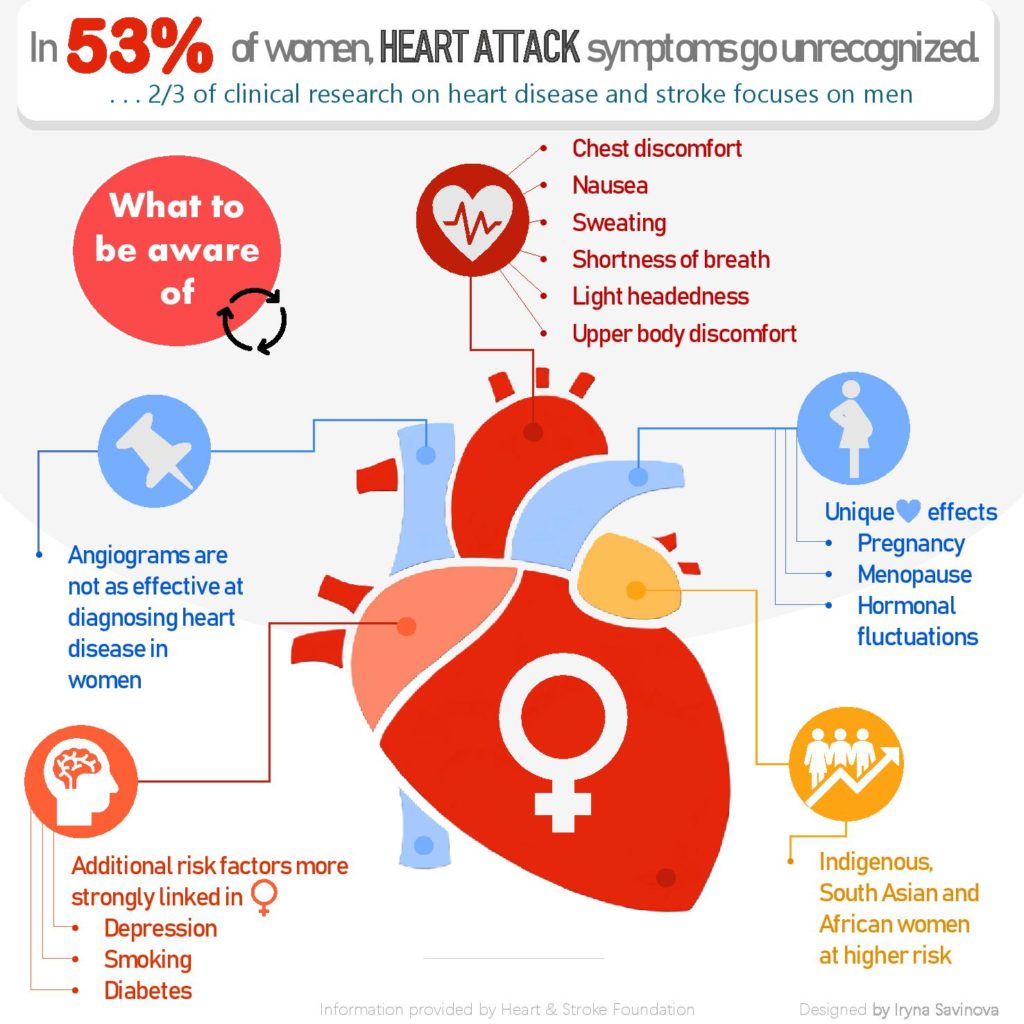Ground-breaking research into the impact of menopause on the heart
Dr. Glen Pyle, an Associate Member of IMPART affiliated with the University of Guelph, has been named a Senior Career Investigator by the Heart and Stroke Foundation of Canada in recognition of his work to improve the heart health of women. The award, jointly funded by the Heart and Stroke Foundation and Health Canada, recognizes the Pyle lab’s ground-breaking work into the impact of menopause on the heart.
 “We have long known that after menopause, the risk for cardiovascular disease and death increases dramatically in women,” says Pyle. “What we don’t know is what changes in the heart to increase the risk of death from heart disease.”
“We have long known that after menopause, the risk for cardiovascular disease and death increases dramatically in women,” says Pyle. “What we don’t know is what changes in the heart to increase the risk of death from heart disease.”
Using a novel animal model of menopause, Pyle’s lab was the first in the world to identify how the heart changes at a molecular level even before menopause is complete. In a published study that was named a “Top 10% Paper” by a leading physiology journal, graduate student Del Fernandes showed that regulation of the heart is disrupted half-way through menopause, and that the heart begins to show signs of stress. No study had ever investigated alterations in the heart during menopause.
The Women’s Heart Health recognition was awarded in response to a grant Pyle’s lab submitted to the Heart and Stroke Foundation of Canada. In this proposal they seek to identify the changes in the heart that increase the risk of death from heart attacks, something that occurs shortly after menopause. Pyle’s lab has used their research to develop a novel therapy that he feels might not only decrease the risk of death in post-menopausal women who have a heart attack, but men as well.
“By understanding how menopause alters the heart, and by identifying sex differences in heart muscle, we can precisely target elements of the heart that are protective and turn them on as a heart attack is happening,” notes Pyle. “Our approach is based on things that happen in the pre-menopausal female heart that naturally protect them against the damage of a heart attack. We have activated these elements in the hearts of both female and male mice shortly after a heart attack, and our data show that we can protect hearts against the damage of a heart attack.”
Cardiovascular disease is a leading cause of death in both men and women in Canada. Globally, ischemic heart disease – the cause of heart attacks – is the single most common cause of death. Risk factors for ischemic heart disease including diabetes and obesity are increasing worldwide, suggesting that the global epidemic of cardiovascular disease will continue to threaten the health and well-being of Canadians and people throughout the world.
